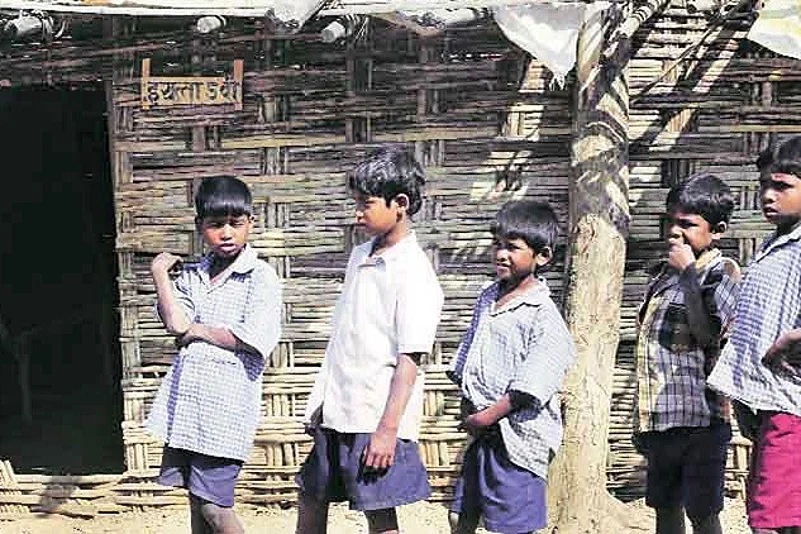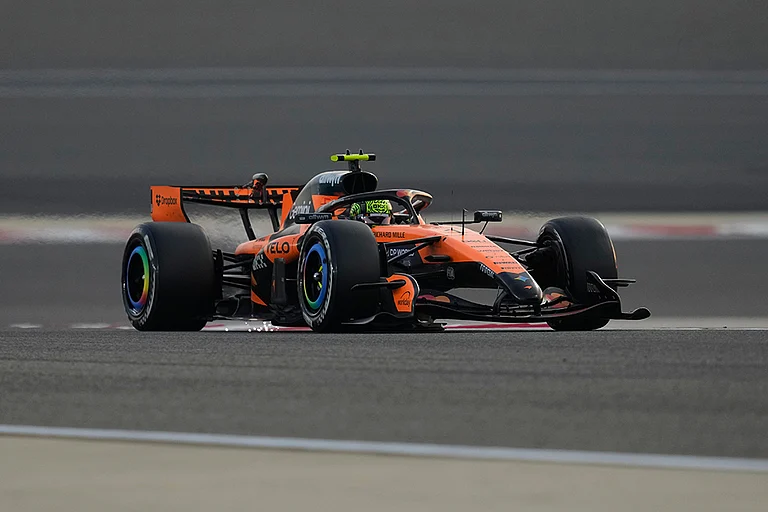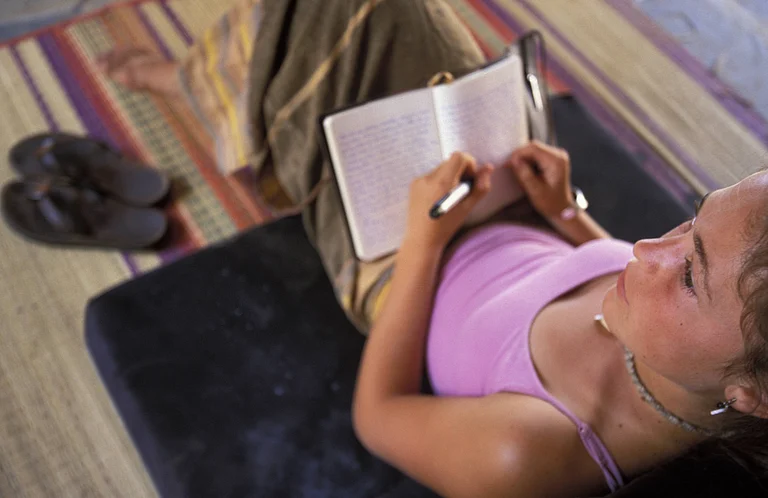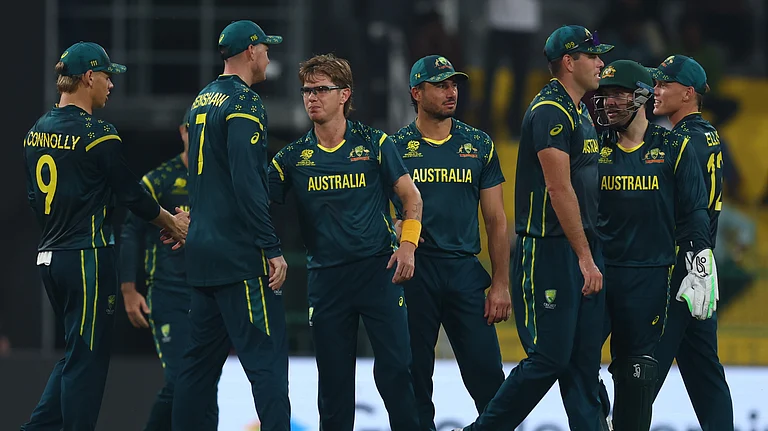Their nutrition status is very disturbing, and their remote locations make any help difficult to reach. For around 1,000 villages of Amravati and Nandurbar districts of Maharashtra, hit by acute malnourishment, there is hope at hand with the state government joining hands with Reckitt Benckiser, leading health and hygiene company, to bring a turnaround in their lives.
“We believe that every child has the right to have nutritious food. There should be as few children as possible not getting the necessary benefits of Poshan Abhiyaan. Our work is to complement Poshan Abhiyaan, and for this we have chosen to work in Nandurbar and Amravati districts of Maharashtra,” Ravi Bhatnagar, Director – External Affairs and Partnership, Health, Reckitt Benckiser, told Outlook in a chat.
As part of the programme, the company aims to reduce child stunting by 40 per cent and wasting by 95 percent in the 1,000 villages over five years.
Giving a breakup of the nutritional status of two districts, Bhatnagar said in the tribal blocs where the company is engaged in, malnourishment is around 30-40 per cent, with 4-5 percent children severely malnourished.
While the all-India data on stunting is 41.2 percent, in Maharashtra it is 38.2 percent. However, in Nandurbar it stands at 47.6 percent.
In the category of severely wasting in children, the India average is 7.5 percent, while in Maharashtra it is 9.4 percent. In Nandurbar, it stands at a high of 15.1 percent, double that of the all-India figure, and in Amravati it is 9 percent.
In the underweight category, the all-India figure is 38.3 percent, the Maharashtra figure is 40 percent, while it stands at a high of 55.4 percent in Nandurbar, and 33.2 percent in Amravati.
Elaborating on the remoteness of the villages, he said: “Some of the village blocks are very remote. You need to travel by bus, and then walk for 10-15 km and then take a boat, and then you reach some of the hamlets. The problem is with last mile access.”
Listing the prerogatives of the programme, Village Social Transformation Foundation (VSTF), Bhatnagar said they were: “Reduction in pre-term and low term birth weight, both are linked; reduction in wasting and stunting, and reduction in under nutrition.”
Once a child is identified as malnourished a strategy for intervention needs to be drawn up. “The children need to be sent for therapeutic food on a priority. Community nutritional volunteers at the village level need to be engaged to promote behavioural change,” he said.
Reckitt Benckiser has roped in 40 volunteers at the village level to promote behavioural change among the people, he said.
“The volunteers, all drawn from the village, will complement the work of the health workers, so that all the high malnutrition figures are brought down,” he added.
The company is roping in 20 volunteers each from the two districts.
Under the intervention programme, they would also create “breast feeding pods”, or little sheltered spaces where women can safely breast feed their child during working in the fields or at other places.
“If we say that mother’s milk is essential for the infant, then we must ensure she is able to provide her baby with the milk. The pods are a way to ensure a mother is able to breast feed her child in a clean and cheerful environment,” Bhatnagar said.
“We are trying to create a cadre of young girls and women from villages to take forward the Community Nutrition and Breastfeeding Volunteer Network. Through the girl and women volunteers, who would be from high school, or from industrial technical and training institutes and colleges, we would be investing in the future. They will be made champions of Community Nutrition and Breastfeeding Volunteers,” he said.
“They themselves will be mothers one day, and we believe if you teach a mother you teach a house.”
For the success of the Poshan Abhiyaan, Bhatnagar feels the government needs to give it the same importance as it has given to the Polio eradication programme, HIV-AIDs programme and now Swachh Bharat.
“The Polio and HIV-AIDS programmes had targeted intervention, to reach out to the hotspots. For Poshan Abhiyaan, we would like to reach out to the malnutirion hotspots where the problem actually lies. The hotspots can be further classified as moderately hot, very hot, and just hot. So, if there are many children affected, we should work on those kids, who are in a really critical condition, work on them, change them, invest in them,” he added.
Reckitt Benckiser gave the Maharashtra government Rs 13 crore for the five-year programme.


























